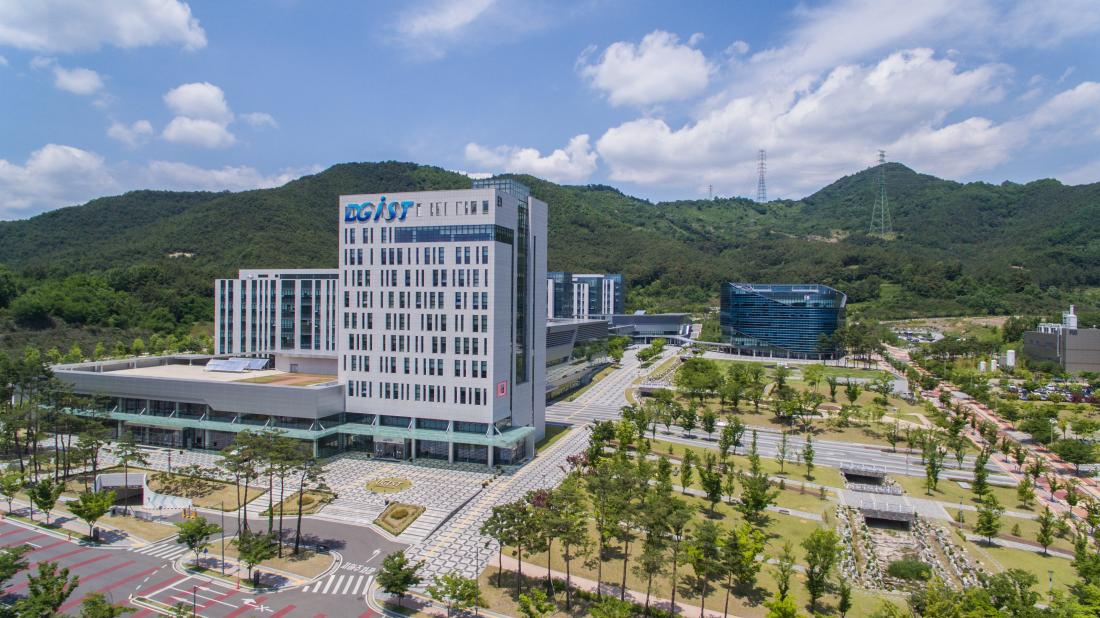□ On November 9 (Thursday), DGIST (President Young Kuk, Ph.D.) announced that it will establish a science and technology medial school
□ Cooperation between medicine and engineering is becoming essential in the light of recent advances in science and technology. Efficient systems and quality improvements are required for customized medical care for each patient in various fields of modern medicine, such as diagnosis, medical data analysis, treatment, and rehabilitation. For this advancement, the medical field requires an engineering approach.
□ DGIST STEMS plans to focus on fostering medical scientists specialized in the leading fields of advanced bio-industry through liaising with superb local medical infrastructure based on the Advanced Institutes of Science and Technology’s educational system, which focuses on excellence. Recently, DGIST held technology transfer and joint symposiums through joint research with other institutions, such as the Korea Institute of Oriental Medicine and Kyungpook National University (School of Medicine), in addition to the results of research on the treatment of brain diseases, such as Alzheimer's disease, Parkinson's disease, and stroke. Moreover, the Korea Brain Research Institute, an affiliate of DGIST, also shows various achievements in the field of brain science, including cooperation with U.S. companies in developing digital treatments and research results on treatments for brain diseases.
□ With five medical schools (Kyungpook National University, Keimyung University, Yeungnam University, Daegu Catholic University, and Daegu Haany University) with superior capabilities, the Daegu and Kyungbook regions have advantages when compared to other geographical areas, and mutual cooperation among the institutions will form the foundation of fostering medical scientists. STEMS will select new students annually from candidates who graduated with undergraduate degrees. New students will be awarded a Medical Doctorate (M.D.) through a four-year course at a local medical school, followed by a three-year convergent doctoral course at DGIST STEMS for a Ph.D. degree.
□ In addition to the establishment and operation of STEMS, DGIST plans to build a new bio-convergence industry through training globally competitive talents from the region and technological innovation in advanced biomedicine from organic cooperation and liaison with local innovative bio-research institutes — such as the Korea Brain Research Institute and the Daegu Gyeongbuk Medical Innovation Foundation.
□ As the four advanced institutes of science and technology in Korea have been discussing the establishment of STEMS for an extended period, DGIST said it expects to cultivate the best medical scientists in Korea via STEMS by establishing a complementary system based on the relevant special research fields and the research excellence of each institute.
□ “DGIST aims to cultivate medical scientists with convergent thinking through a multidisciplinary approach among engineering fields, such as science, AI, and robotics, based on previous research achievements in life sciences," said President Kuk of DGIST. He added that “we will foster regionally specialized medical scientists with global standards by establishing a cooperative system with universities, local governments, hospitals, research institutes in Daegu, and four major advanced institutes of science and technology.”



